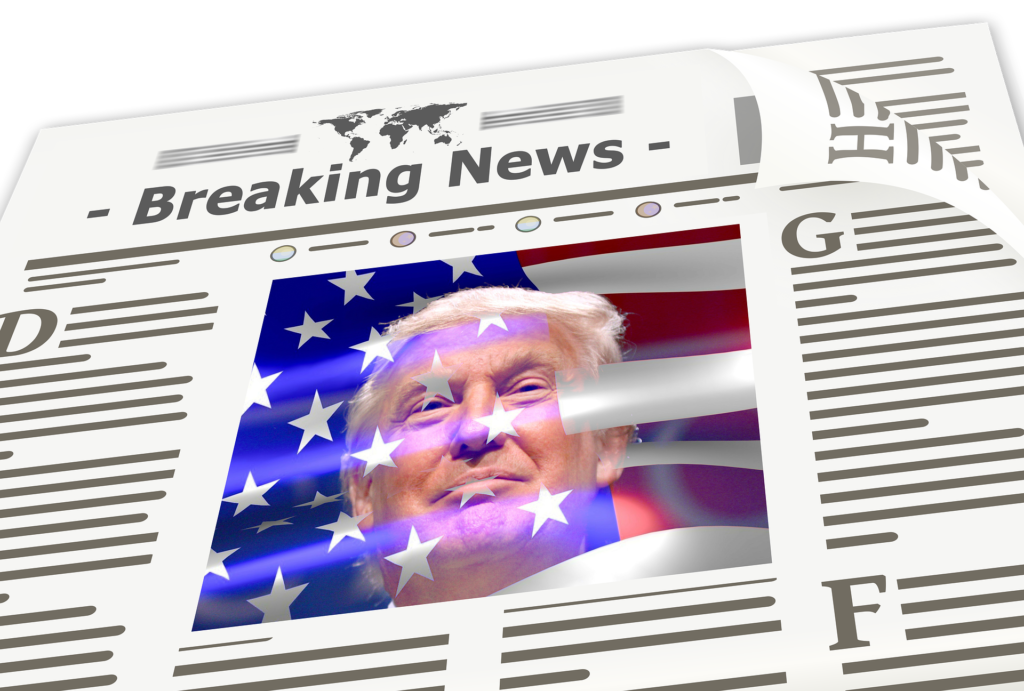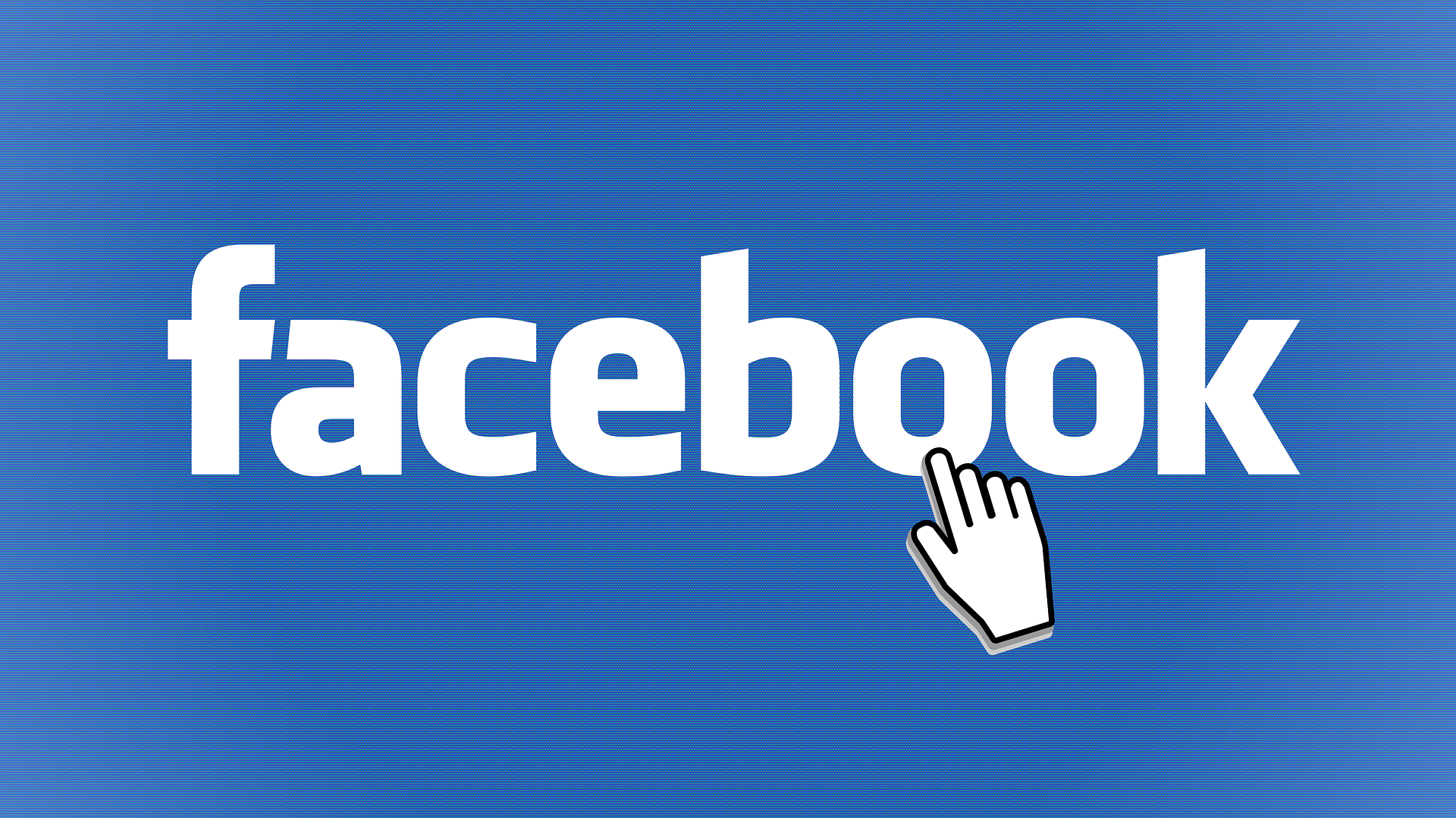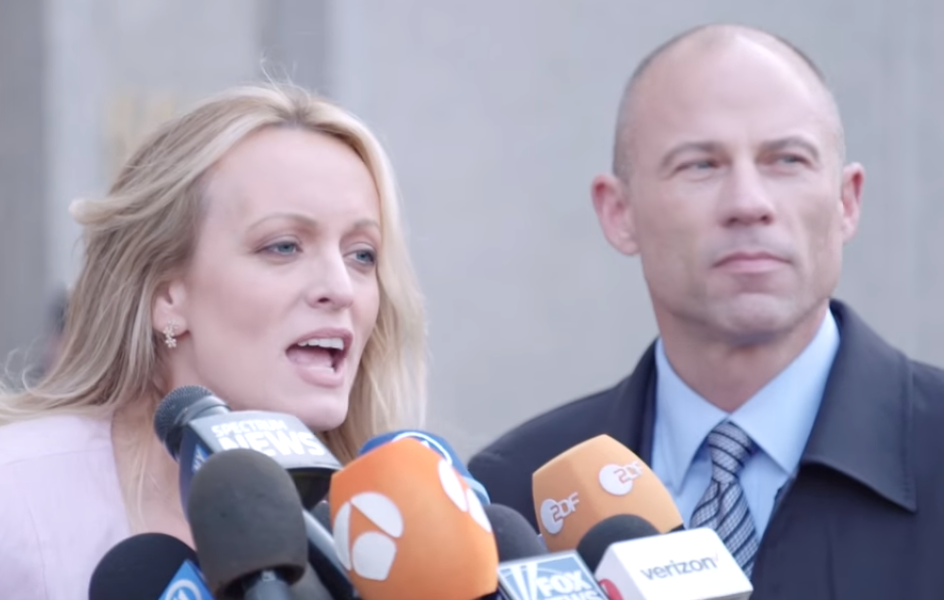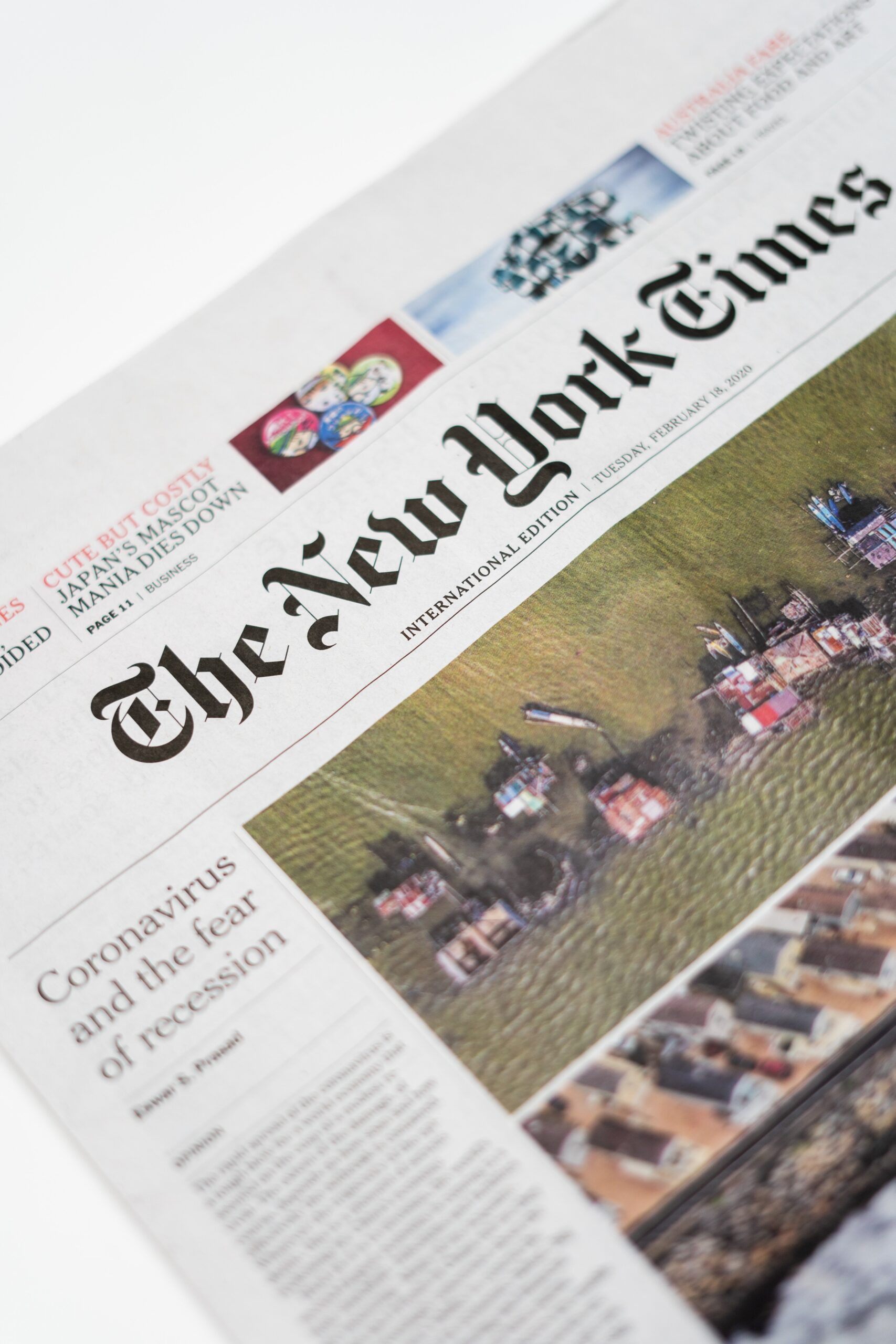After almost two years of ban on popular social media like Facebook and Instagram, Mr. Zuckerberg has personally decided to restore the deactivated account of former President Mr. Donald Trump. Speaking at his farmhouse in Oaxaca, a rich part of Mexico, Mr. Trump said, “It is about time they gave my Facebook back, and truth be told, I lost the election because Zuke shut me down on FB and IG. Mark my word when I am back in power, I will make sure Facebook is torn apart by the DOJ for monopoly and election interference”.

Facebook has also unlocked notorious terrorist UBL’s account because he is dead, and Mr. Zuckerberg said, “dead men tell no tales.”
The former punster Ron Jeremy was speaking from the Los Angeles county jail and was ecstatic that his Facebook account was restored. Mr. Jeremy said, “All my professional content was in IG, and I was making a hefty income until Instagram shut me down because of the me too movement.”
When the news spread to MAGA fans across the US, Facebook’s user account increased by ten folds, causing a surge in Facebook stock which has lost 60% of its value since last year.

Even though Mr. Trump has created his social media called “Truth Matters,” it has not picked up with the young crowd who are mostly attracted to Instagram and Snapchat.
The Republican party hailed the decision by Facebook because it was awkward to have a former President’s FB account locked up because of the 6th January resurrection that they believe was a conspiracy and not factually true.
House speaker McCarthy said, “When you riot, you get ten people dead at minimum. How many died at the capitol during the so-called resurrection?”
At the time of the report, Mr. Trump was getting ready to host his first Facebook live after almost two years.
Facebook is riddled with fake news. They have taken several steps to address the issue of fake news on its platform, but there is still much debate about whether they are doing enough to prevent the spread of false information.
One of the measures Facebook has implemented to address the issue is to partner with fact-checking organizations to help identify and flag false or misleading content. When content is flagged, Facebook reduces its distribution and may add a label to indicate that a fact-checker has disputed it. Facebook also uses artificial intelligence (AI) and machine learning algorithms to detect and remove false content.
However, some critics argue that these measures are insufficient and that Facebook needs to do more to combat the spread of fake news. For example, Facebook has been accused of not doing enough to regulate political advertising, which can be a major source of false information. There have also been concerns about Facebook’s algorithm, which can prioritize sensational or controversial content over accurate and informative content.
In response to these criticisms, Facebook has announced plans to introduce additional measures to combat fake news, such as increasing transparency in political advertising and reducing the reach of misleading content. However, whether these efforts will effectively combat the spread of false information on the platform remains to be seen.










